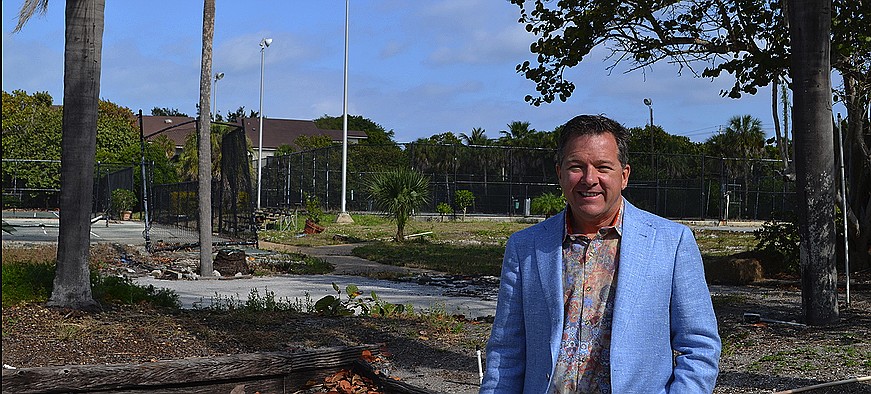- November 23, 2024
-
-
Loading

Loading

Proving once again that some things never change, four of Longboat Key’s town commissioners Monday rejected Unicorp National Developments Inc.’s request for an amendment to the town zoning code to be allowed to build a sales center on the site of the 17.6-acre former Colony Beach & Tennis Resort.
The four who turned Unicorp down:
The three who supported the amendment:
A few things come to mind:
1. The proverbial “No good deed goes unpunished.”
Unicorp’s owner, Chuck Whittall, saved the town, taxpayers and Colony unit owners hassles, time, legal fees and at least $1 million by paying for and managing the town-ordered demolition of the Colony. He didn’t have to do that.
Beyond that, consider this: Whittall already has invested $30 milllion into resolving all of the Colony’s legal issues, wending his way through the town’s approval process and securing the five-star St. Regis resort.
Altogether, Unicorp is adding a $600 million investment and new value to the Key — an amount that will occur in this town once, maybe twice, every 50 years. What’s more, this investment will create for the town a new property-tax windfall of at least $1.27 million a year — just from the St. Regis alone, and not including the higher values that will result from the properties to the north, south and east of the St. Regis.
And let’s not forget this nice chunk of free money for the town: As required by town codes, the St. Regis development will contribute thousands to the town’s parks and land acquisition fund.
One more point worth noting: Who knows how much longer the Colony property would have stayed in a state of dilapidation and stuck in the courts had not Whittall come along. There wasn’t a long line of other developers anxious to become involved in the Colony’s legal morass or to put up the cash necessary to move the project forward as Whittall had.
2. The four commissioners who rejected the zoning amendment reminded everyone that Longboat Key continues to vie with the city of Sarasota for its earned reputation as the most unfriendly, most difficult and certainly among the most expensive municipalities for development.
We all know the argument: The town has 50-year-old laws, rules and regulations that have been central to Longboat Key becoming what it is, and as Commissioner Daly questioned: Why change them now?
As Whittall told us: “Who’s still driving a 50-year-old car?”
The world has changed. We have the internet now. Longboat Key has changed. Buyers of multimillion-dollar condominiums have changed. They don’t buy $4 million condos after looking at drawings on a wall in a strip shopping center.
Really, what would be the harm of amending the code, as Unicorp requested, to allow construction of a sales center on projects of more than 10 acres and 40 units? It’s not as if the town would ever be overrun with free-standing sales centers. The likelihood even of multiple 10-acre-plus redevelopment projects is remote.
One of the ironies here is Mayor Spoll’s “no” vote. Longtime Longboaters might recall that Spoll spearheaded efforts many years ago to turn the attitudes of town employees from being Scrooges who instinctively said “no” to anyone’s requests.
Spoll and others lobbied town administrators to create a culture of being more cooperative and willing to find ways to say “yes” to citizens’ requests. And it worked. We often hear Longboat Key citizens speak appreciatively of town employees’ willingness to be helpful and find (legal) ways to accommodate citizens’ requests.
Now that same change in culture needs to be infused into the Town Commission.
Another irony: The four commissioners who voted “no” all learned in their professional lives as developers, lawyers and CEOs the cost of bureaucratic delays. Every time they place an obstacle in front Unicorp, they are delaying the St. Regis’ completion and driving up the cost for investors and prices for consumers.
Instead of doing business the old Longboat way, commissioners should be doing whatever they can to find ways to say “yes.”